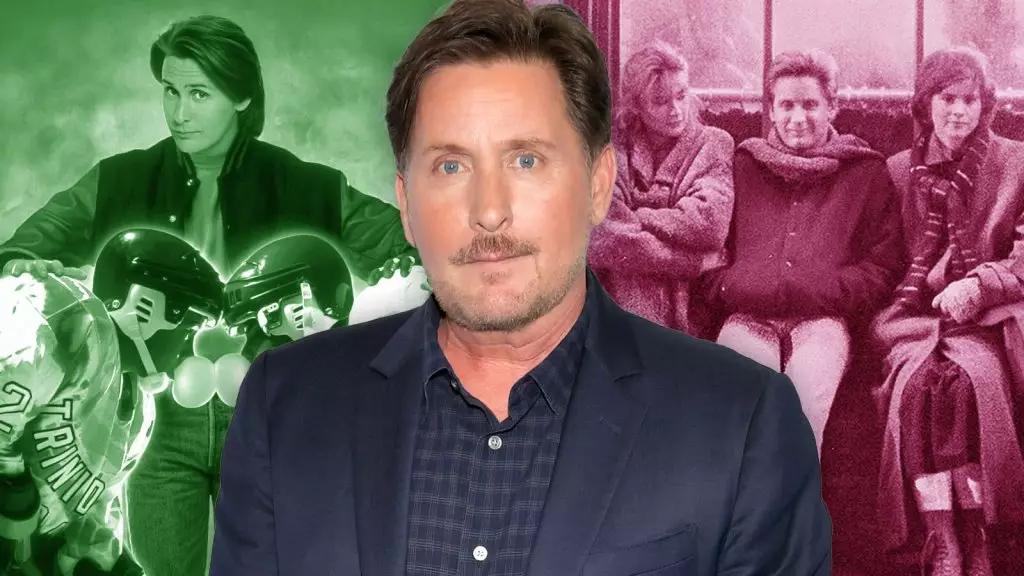Emilio Estevez has long been celebrated for his iconic role as Coach Gordon Bombay in the beloved Disney franchise, The Mighty Ducks. In a recent conversation with Josh Horowitz on the Happy Sad Confused podcast, Estevez has not only revisited nostalgic memories but also shared exciting ideas for a potential sequel, Mighty Ducks 4. Rather than merely echoing the plot of previous films, Estevez proposes a fresh narrative that resonates with contemporary audience sensibilities. His intention to create an empowering storyline featuring an all-girls hockey team represents a significant evolution in the franchise, potentially capturing the interest of a new generation.
Creative Aspirations vs. Corporate Constraints
Estevez’s enthusiasm for this new project is palpable; he envisions a captivating arc where Bombay, now a roller derby coach, champions young female athletes in a competitive environment. This revitalized premise is not just about nostalgia but about showcasing diversity in sports and inspiring young girls to pursue their passions unapologetically. Yet, even as creativity flows through his veins, Estevez finds himself stymied by Disney’s reluctance to embrace his vision. It raises an essential question: how often do corporations stifle groundbreaking storytelling in favor of comfort and familiarity? Estevez’s plight highlights an ongoing challenge in Hollywood—navigating the balance between creative ambition and corporate gatekeeping.
The Duality of Film Experience
In the same interview, Estevez recounts an eye-opening experience from the filming of St. Elmo’s Fire, shedding light on the contrasting dynamics he encountered in the film industry. While working with the beloved director John Hughes was described as a nurturing and collaborative experience, Estevez characterized his time under Joel Schumacher as discordant and fraught with insecurity. This stark juxtaposition reveals how a director’s approach can shape an actor’s experience, motivating Estevez’s resolve to foster a supportive environment if he ever took on directing responsibilities. Estevez’s reflections on mentorship and toxicity within creative spaces suggest an urgent need for a cultural shift in the industry—one that emphasizes respect and encouragement over fear and intimidation.
The Future of Storytelling
Estevez’s latest endeavors serve as both a nod to his past and a blueprint for change in the future. His commitment to representing strong female characters in sports—especially in a field historically dominated by male narratives—challenges the status quo while encouraging stories that matter. This vision should resonate not only with fans of The Mighty Ducks but also with those eager to witness a more inclusive depiction of talent and ambition. As Estevez continues to navigate the complexities of Hollywood and assert his creative voice, it is clear that his journey is about more than entertainment; it’s about championing progress in the storytelling landscape.

